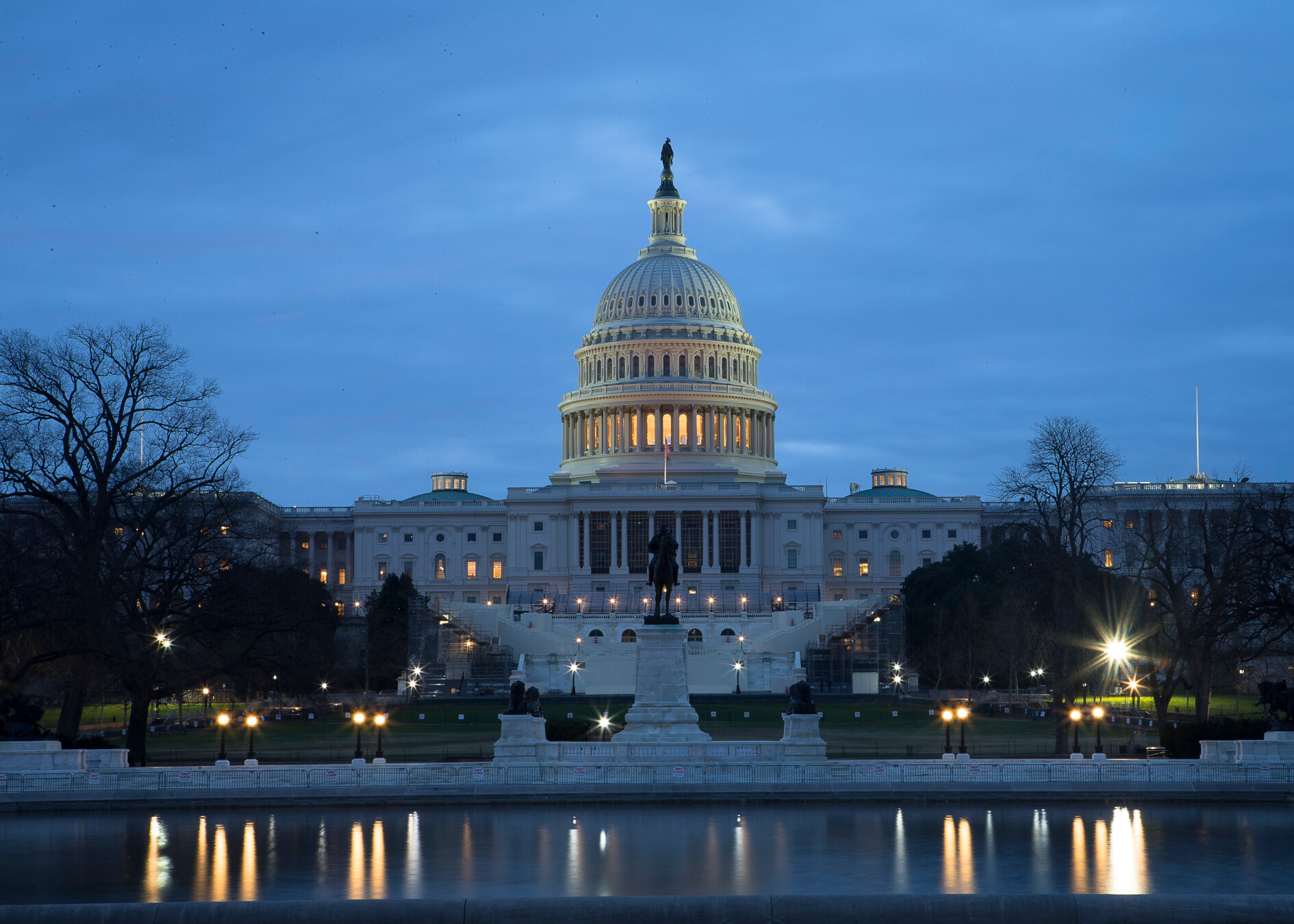Free childbirth or reduce cost of raising kids? Pro-life leaders mull proposal for Congress
WASHINGTON (OSV News) — Some pro-life leaders have called on Congress to make childbirth free for mothers, while others maintain addressing the financial burden of raising children will make greater impacts on saving lives from abortion.
Catherine Glenn Foster, president and CEO of Americans United for Life, and Kristen Day, executive director of Democrats for Life of America, co-wrote a white paper in January called, “Make Birth Free: A Vision for Congress to Empower American Mothers, Families and Communities,” which outlines the proposal.
“The American family is threatened. Many feel as though they cannot afford to have a child, particularly when the costs of pregnancy, birth and postnatal care are exorbitantly expensive,” the pair wrote. “The average cost of childbirth in the United States is nearly $19,000, and even privately insured mothers will likely pay more than $3,000 out-of-pocket simply for delivery.”
The paper also argues that maternity care in the United States “is uniquely expensive. Childbirth costs far less in other developed countries, where comprehensive maternity care is free or cheap for all.”
It suggests modeling a free childbirth policy after the Medicare End-Stage Renal Disease program, which provides those with end-stage kidney disease the ability to enroll for free care.
In remarks at the 24th annual Cardinal O’Connor Conference on Life Jan. 21, Foster argued that the pro-life movement should embrace public policy proposals that “make it easier to choose life.”
“We should not have to pay more for childbirth than we would for abortion,” Foster said.
Lyman Stone, director of research for the consulting firm Demographic Intelligence, called the proposal a “perfectly reasonable idea in principle.”
“This obviously is a financial pressure point on families; it’s a big expense coming at the same time that you’re also preparing to add a child to the family which has a lot of costs,”
Stone told OSV News. “So to the extent that policymakers are interested specifically in alleviating cost pressures for new families, either for perinatal reasons or just for general reasons of feeling like they should do that, it’s not an unreasonable approach.”
However, Stone said the cost of childbirth is not often the main financial concern for expecting women and families.
“The main cost is not the cost of having children but of raising children,” he said.
Leah Libresco Sargeant, author of the book Building the Benedict Option and the substack newsletter Other Feminisms, and Patrick T. Brown, a fellow at the Ethics and Public Policy Center, co-wrote an article in response to the proposal praising the suggestion of free childbirth but arguing the pro-life movement should prioritize other agenda items, such as “expanding eligibility for prenatal Medicaid coverage to more working-class pregnant women.”
“Democrats for Life and AUL are to be applauded for thinking creatively about how to create a fully pro-life society in the wake of Dobbs,” Brown told OSV News. “These kinds of conversations are really important, and I’m glad it kicked off such fruitful debate.”
Brown said 42% of women already have their births covered for free on Medicaid.
“I am in favor of expanding the share of working-class families who are eligible to be covered by Medicaid as well, but that’s very different from arguing we should be concerned with the costs of childbirth for families making six figures,” he said.
Brown said that comparing the average cost of delivery for someone on private insurance “to what most parents will spend on diapers, accessories or food, not to mention child care or a bigger house, suggests that while we can and should make childbirth more affordable, it’s not the biggest weight on parents or would-be parents’ minds.”
A 2022 analysis by the Brookings Institution estimated that the cost of raising a child, born in 2015, for a middle-class, two-parent married family with two kids would be more than $310,000 up to age 17.
“There are definitely women who have abortions for economic reasons; but those economic factors tend to be longer-lasting than just the initial days around labor and delivery, and our social supports should recognize that,” Brown said.
Robert Orr, a policy analyst for the Niskanen Center, told OSV News the program for free care for those with advanced kidney disease “works pretty well” supporting the people who need it.
“There’s no real reason why we couldn’t apply basically the same design to pregnant mothers and help them out as well,” he said.
“There are other ways you could conceivably do this,” Orr said. “You could do this by regulating and directing money toward private insurers, you could expand Medicaid further for pregnant women.”
AUL and Democrats for Life did not immediately respond to requests for comment about how the proposal was received by lawmakers.
Kate Scanlon is a national reporter for OSV News covering Washington.



